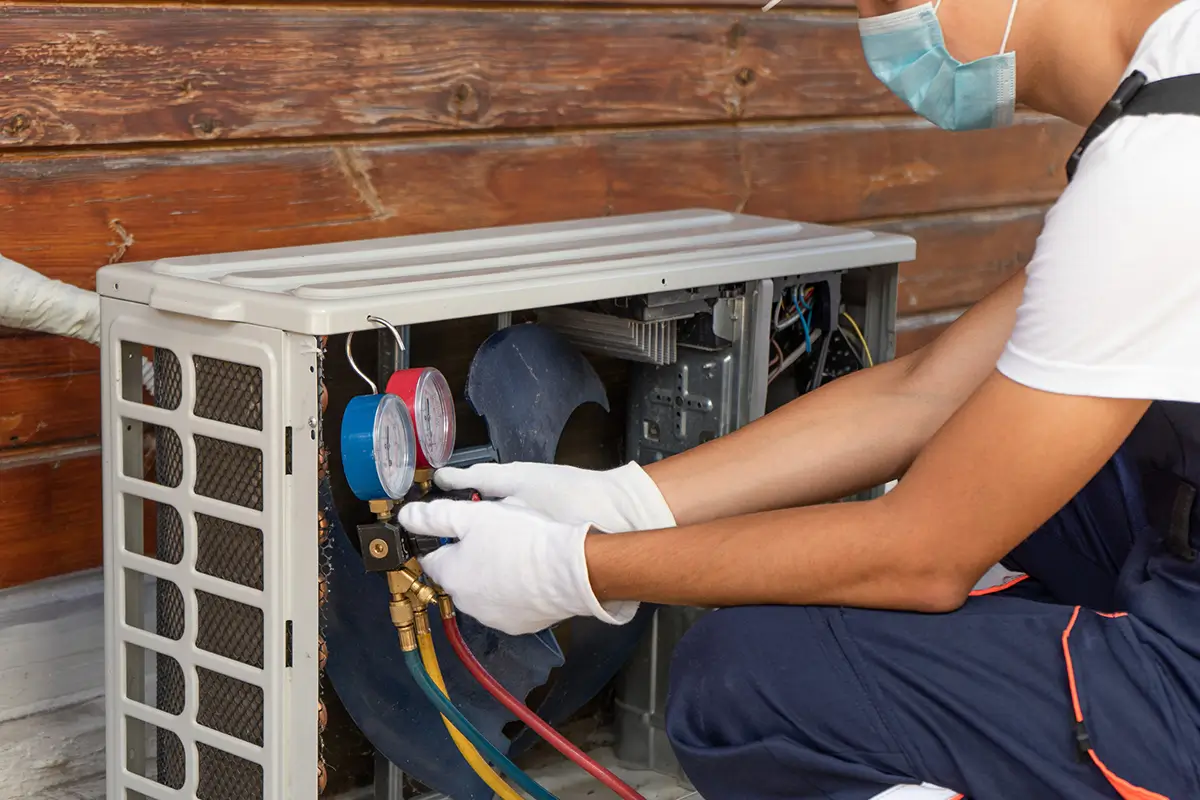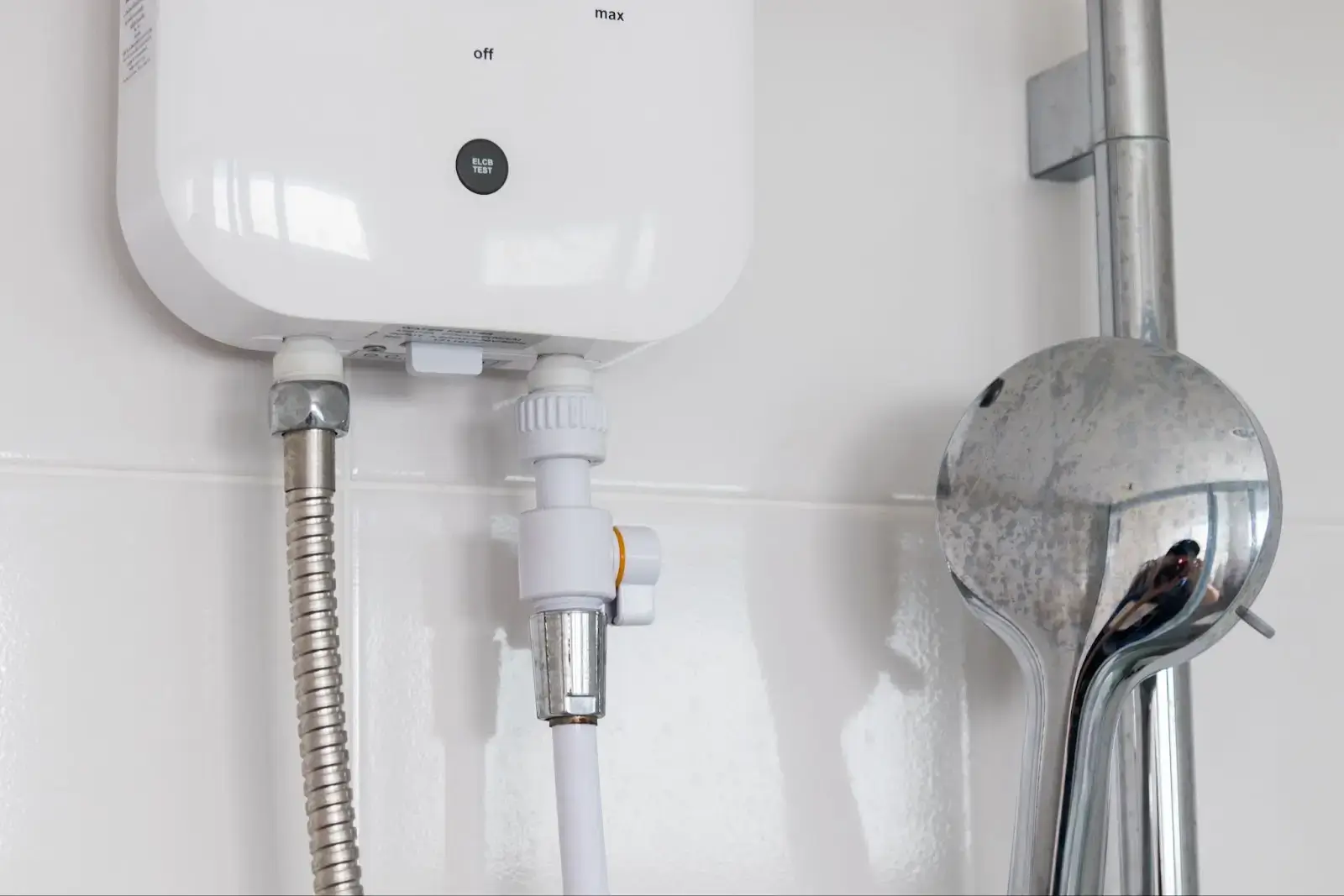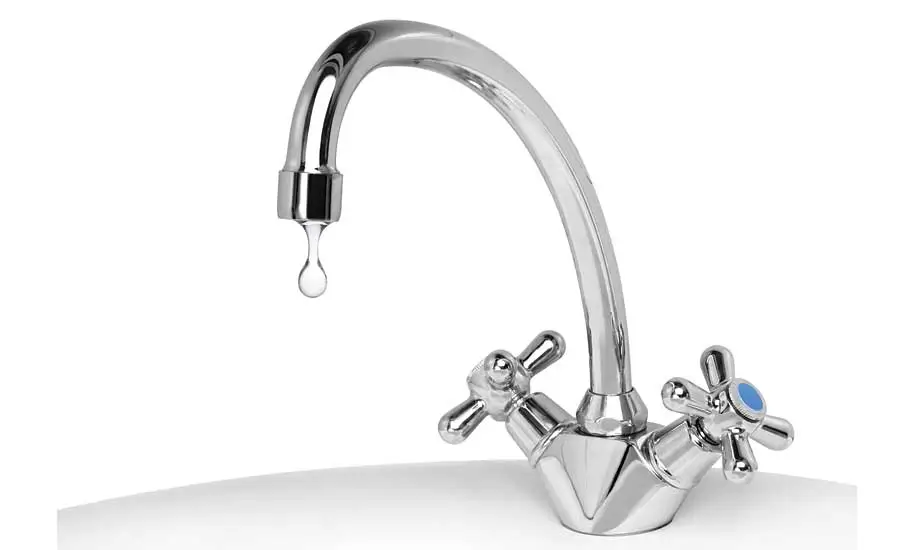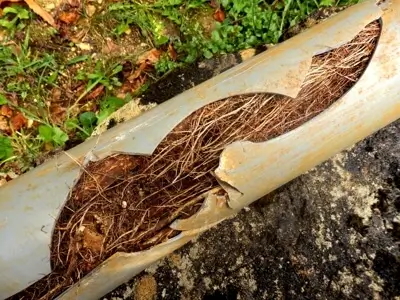When it comes to costs, nobody likes unpleasant surprises. And it’s no different when it comes to home cooling. However, you might find yourself in a situation where your energy bills begin skyrocketing without you even realizing it.
The culprit? Refrigerant leaks.
Your wallet isn’t the only thing these leaks affect. They can significantly degrade your air conditioner’s performance too. That leaves you uncomfortable while being indoors even if the compressor’s working non-stop.
One way to avoid major headaches down the road is to spot some telltale signs of refrigerant leaks early. The sooner you realize it’s happening, the more likely you can get it repaired — and the more you can protect your household budget and your system’s cooling capabilities.

What is Refrigerant and Why Does it Leak?
The refrigerant is a chemical compound that circulates through your HVAC system. It moves between two states as it does that — vaporized and liquid. Because of the cycling of the states, the warm air inside gets absorbed while cold air is redistributed.
However, refrigerant doesn't just appear from nowhere — it needs to travel through a sealed, closed-loop system of tubing, coils, and compressors. Cracks (even slight ones), loose joints, or deteriorating components result in it escaping. When that happens, you have a leak.
Other common reasons for refrigerant leaks include aging units with parts that have corroded over time, factory defects, and loose connections from excessive vibration and movement. Even a branch puncturing exposed lines can lead to a leak.
Signs of a Refrigerant Leak
Spotting a refrigerant leak early can help you avoid expensive repairs and cooling crises. But the question is "How?" While they're not always obvious, there are some telltale signs that should raise some red flags that should spur you to take action.
From moisture issues and strange hissing to skyrocketing energy bills, your AC system could be trying to send you coded signals that it's slowly springing a leak. Stay vigilant and don't ignore any out-of-the-ordinary symptoms. The sooner you can get professional eyes on potential refrigerant losses, the better you'll be able to nip operating issues in the bud.
Be on the lookout for any of the following as these usually mean your system's refrigerant might be trickling away.
Unusual Noises
It might be a strange buzzing noise here or a gurgle there. Although heating and cooling systems don't operate silently, sudden changes to the sounds they usually produce could be a cause for concern.
A properly working AC system has a delicate balance of pressure. When there are leaks and refrigerant levels begin dropping, it throws it off. Those abnormal refrigerant flow conditions can start making some pretty wacky noises as the compressor and components struggle against the imbalance.
It might be a cacophony of vibrations, hisses as the diminishing refrigerant tries vaporizing, or even sucking gulps indicating a lack of charge. Strange as they may sound, don't just chalk up those unusual AC noises to old age just yet. They could very well be your system's initial cries for refrigerant-related help. Hear them out by having a pro take a look before more serious damage occurs.
Reduced Cooling Efficiency
On a scorching summer day, there's nothing more frustrating than cranking your AC down only to feel...no relief whatsoever. You check the thermostat - yup, it's set properly. Yet all you're getting from the vents is a disappointing trickle of warm-ish air.
When your cooling system suddenly can't maintain a comfortable temperature, a depleted refrigerant charge could be the reason. Without enough refrigerant running through your system, the AC can't absorb the heat nor transfer it effectively during the cooling cycle, giving you warm air.
Now, your compressor's still chugging away, but the lack of refrigerant limits its performance. You'll feel discomfort in muggy indoor conditions and warm air flow from vents as your undersized refrigerant line prevents the system from running at full capacity. If cooling just isn't what it used to be, the refrigerant could be the culprit.
Increased Energy Bills
Have you noticed that your utility bill's higher than usual but you haven't been using your AC any more than usual? it could be a sign of a refrigerant leak.
When your system is low on refrigerant, it needs to work harder to keep your home's temperature cool. That means your AC needs to run longer just to maintain the same temperature and that translates to consuming more energy. Unfortunately, you'll feel that increased demand, especially when it shows up on your monthly statements.
Unless there are other factors that could be contributing to excessive costs, like there's an ongoing heat wave or you're hosting a number of guests, you might want to get a professional to check your system. If there is a leak, catching it early will save you from higher bills and prevent bigger problems down the road.
Ice Formation
Sometimes, a leak presents itself by making your AC unit look frostier — and we're not talking about the cool air that it produces. If you notice actual ice forming on the evaporator coil or refrigerant lines, that could mean your system is leaking refrigerant.
The coils get too cold when there's not enough refrigerant in the lines, so when humid air passes over those super-chilled coils, the moisture freezes right onto the surface. If you leave it unchecked, the buildup of ice can seriously affect your AC's performance. At times, it can even result in a total breakdown.
An immediate call to a professional could be your best move if you spot any ice formation on your unit. They'll be able to determine if your system really does have a refrigerant leak, pinpoint where it's coming from, and get your system back on track before the problem snowballs.
Frequent HVAC System Cycling
If your system seems like it's stuck in a start-stop loop, clicking on and off more than usual, without ever quite reaching the temperature you've set, that could be an indication of a refrigerant leak.
An AC system that's low on refrigerant struggles to remove enough heat from the air so it can effectively cool your home. That's why it keeps running — it's trying its best to hit that target temperature. Unfortunately, the warm air immediately creeps back in as soon as it shuts off, triggering another cycle.
This constant on-and-off action leaves you in a space that's cooled inconsistently. More than that, it's also hard on your system, leading to accelerating wear and tear. If this is a familiar situation, it's time to call a professional. Have them check for leaks and get things running smoothly again.
Humid Indoor Air
There are times that even when you have your AC running, the air inside your home feels stickier and more humid than usual. It may even make you feel like walking into your home is like entering a sauna. If that's been a regular occurrence, a refrigerant leak could be the culprit.
An AC fully charged with refrigerant not only cools the air — it also removes excess moisture. A leak lowers your refrigerant levels and your system loses its ability to dehumidify the air. So although it may still blow cool air, it can't effectively take away that muggy feeling.
A gradual increase in indoor humidity can be a sign of a refrigerant leak, especially if it happens despite having your AC on all the time. A professional can diagnose the issue and restore your system's ability to keep you cool and dry.
Impact of Refrigerant Leaks on Household Finances
A refrigerant leak can affect you in many ways. Leaving you feeling uncomfortably warm and sticky in your own home is only one. Another area it can impact is your finances — it can also take a serious toll on your household budget.
A leaking AC unit can drain your savings, and the longer you leave it unaddressed, the consequences become more expensive. Let's explore the different ways a refrigerant leak can impact your wallet. This way, not only will you know what to watch out for, you'll understand why and when it's time to call the professionals.
- Cost Of Repairs And Refrigerant Recharge. Depending on the location and severity of the leak, your cost of repair or recharge could range anywhere from a few hundred to over a thousand dollars. And that's just to patch up the problem and replace the lost refrigerant. If the leak's been there for a while, there may have been additional damage to other components, such as the compressor. When that happens, expect your bill to increase even more.
- Increased Utility Bills Due To Reduced Efficiency. A system low on refrigerant works overtime because it needs to compensate, so it guzzles electricity like there's no tomorrow. Over time, you'll notice a gradual increase in your electric bill, which may not make sense because you haven't been using your AC more than usual. It's one way a leak can drain your budget — and most of the time, you don't even realize it until it's too late.
- Long-Term Damage To HVAC Systems And The Cost Of Replacements. Your AC struggles to function effectively if it doesn't have enough refrigerant. That puts a huge strain on the different components, including the compressor and fans. If this happens continuously, you'll have premature wear and tear in your hands, which reduces your unit's lifespan. Worse, if the leak has been there for a while, it may cause a complete system failure — and that translates to a hefty replacement cost, often years before you planned on it.
How to Respond to a Suspected Refrigerant Leak
Knowing what to look out for to see if you have a refrigerant leak is one thing. But that's not enough. Ignoring the problem doesn't make it go away. It may only lead to bigger headaches and higher expenses later on. The longer you leave it unattended, the more damage your system and budget takes.
So what should you do when you have a refrigerant leak in your home? Let's go through several steps you can take. These will let you minimize the leak's impact and get your AC back on track.
Step 1: Shut Down the HVAC System
The moment you suspect that you have a refrigerant leak, turn off your HVAC system. This doesn't just involve shutting down the thermostat. You must also ensure you shut off the circuit breaker that powers the unit.
Fight against the temptation of keeping the AC running to stay cool. It might offer short-term relief but it'll eventually cause more harm. Remember, pushing your system to continuously work when it already has a leak puts more strain on it since it's already struggling to work properly.
Although it's not a permanent solution, shutting down your HVAC system can help you avoid further damage. It also gives your AC a well-deserved rest. In the meantime, keep your home comfortable with some fans and open windows while you wait for professional help to arrive.
Step 2: Contact a Professional HVAC Technician
Call a licensed HVAC technician once you've shut down your system. It doesn't matter if you think of yourself as an experienced DIYer — trying to diagnose (or, worse, repair) a refrigerant leak on your own is never a good idea. If you're not careful, you could cause more damage, costing you more in the long run.
These leaks can be difficult to locate, much less to fix properly. Refrigerant is a regulated substance and you might be putting yourself in harm's way if you don't deal with it appropriately.
A certified technician will be prepared for anything — he'll have the necessary tools and know-how to determine the leak's source. He'll also be in the best position to come up with a plan to repair it. More than just fixing the leak, they can also safely remove any remaining refrigerant and recharge your system to the proper levels.
Step 3: Regular Maintenance to Prevent Future Leaks
Once your system has been repaired don't forget that issues can always arise in the future. Rather than waiting for another leak to happen, taking preventive steps now is a better move. Having scheduled, regular maintenance with a trusted HVAC professional could be the answer.
A technician thoroughly inspects your system during these check-ups, keeping an eye out for any potential problems. Regular maintenance can save you from major headaches — if you catch these issues early, you can have the necessary repairs done immediately. Doing this also keeps your system running at an optimal level. In the long run, this could translate to hundreds (if not thousands) of dollars in savings from energy bills.
Preventive care goes a long way. Not only does it help you avoid costly breakdowns, but it also extends the HVAC unit's lifespan. And these maintenance checks don't have to happen often — doing it once a year will do. Just make sure you schedule it before the cooling season starts.
Don't Let a Refrigerant Leak Leave You Sweating
A refrigerant leak can quickly turn into a major inconvenience even if it starts small. And remember that it isn't just your home that suffers — your wallet does, too. Spotting signs early — whether it's high humidity or warm air — helps you get ahead of things. Catching a leak early means being able to repair your air conditioning in Portland before it gets worse.
The best way to handle a refrigerant leak is to act fast and call in a pro. Try not to worsen the situation by trying to repair it yourself or leaving the problem unattended for extended periods. Call a licensed HVAC technician and schedule regular maintenance to keep your system in top shape.
If you think you have a refrigerant leak, get in touch with Sunset Heating & Cooling. Call us at (500) 503-5866 to set up an appointment and get your HVAC system back in shape.







